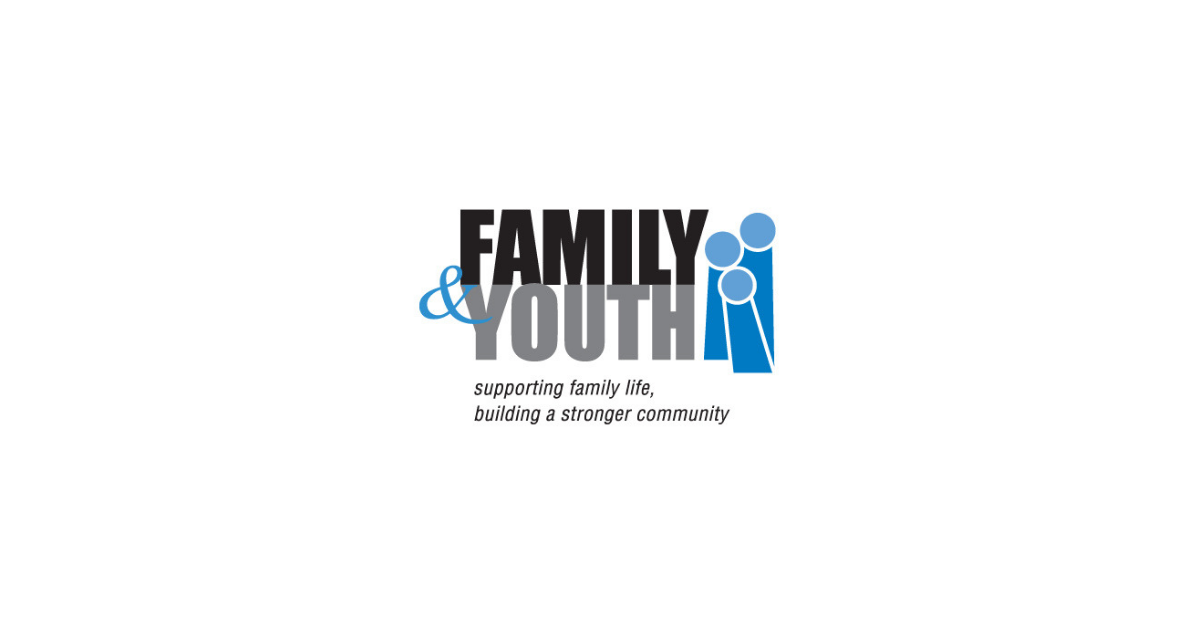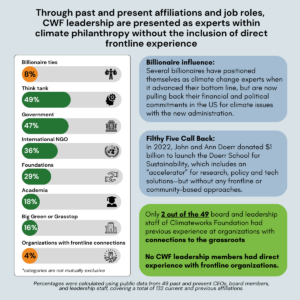Editor’s note: This post is part of an ongoing series of posts featuring NCRP nonprofit members.
Cities are congested places, packed with people, cars and, yes, philanthropy. If funders stepped out of the urban grind for some fresh air countryside, they’d find organizations like Family & Youth Counseling Agency in Southwest Louisiana are as professionally run and ready to scale as their allies in the concrete jungle.
Philanthropy needs to get up, stretch its legs and explore regions outside major cities to address its near invisibility in rural communities.
Family & Youth offers integrated counseling services for children and families in southwest Louisiana, while also advocating on their behalf in the state legislature and training nearby nonprofit staff in the basics of running an organization.
The organization’s work runs from counseling and support services for children with autism to children who were sexually or severely abused to couples and families to local businesses. Housing all of these under one roof makes for a streamlined, holistic case management process that saves a not inconsequential amount of money.
And yet, like so many other rural-serving nonprofits, Family & Youth manages to pack even more programming into its $2 million budget.
It operates a Court Appointed Special Advocates program, which is comprised of volunteers who speak in court for a child’s best interests after they’ve been removed from homes where they’ve been abused or neglected.
Family & Youth trains and supports these volunteers, providing 1,100 hours of training for 82 volunteers in 2016 alone.
The Human Services Response Institute (HSRI) supports people in crisis due to a natural disaster or emergency. From Hurricane Rita onward, HSRI has led the way for immediate disaster response and long-term recovery and resource coordination.
Family & Youth not only works on the front lines ensuring the wellbeing of the southwest Louisiana community, but at the systems level too.
The organization has built an advocacy network to ramp up civic engagement and participation among local nonprofits and volunteers.
Through the network, Family & Youth shares information on local, state and national issues related to children and families; trainings to help organizations build mission-based advocacy teams; networking opportunities; and tools necessary to shape public policy around child abuse prevention, education, coastal restoration and health care access.
A separate initiative works with 1,000 high schoolers every year on leadership development, career exploration and civic engagement opportunities.
Nonprofits and funders alike know the importance of collaboration in driving public policy wins; Family & Youth is no different. What’s missing are allies with which they can collaborate.
The nonprofit sector in southwest Louisiana is small and not fully professionalized. Family & Youth, in addition to all its regular services, has to pull double duty as a network organizer and a trainer for its nonprofit neighbors, complete with lessons on basics like fund development and grant writing 101.
And neither local nor national foundations have any real presence in Family & Youth’s native Lake Charles.
Located in between Houston and New Orleans, the three-hour drive from either location sees philanthropic investment dry up faster than gas in the tank.
For every $1 per person philanthropy invests in southern Louisiana, it invests $58 in Orleans Parish.
It should thus come as little surprise that Family & Youth currently receives zero foundation funding, instead relying on individual and corporate donations and fee-for-service contract work.
That sounds sufficient, except individual and corporate donors want their dollars to go exclusively towards the families and children Family & Youth serves, leaving little room for critical back office infrastructure.
Foundations (purportedly) better understand the importance of supporting the administrative side, but none seem to be paying any attention.
They need to straighten up. Recent breakthroughs in oil and natural gas extraction have swelled economic investment and demands for labor in the region. Current estimates forecast more than $100 billion in construction projects within the next decade.
But we know the economic gains from fossil fuels will bring little benefit to anyone other than a powerful few, while extracting even more from the most vulnerable communities. Southwest Louisiana’s underdeveloped nonprofit sector will be strained to adequately serve them.
Funders, especially national ones, should see in Family & Youth a special opportunity to back an organization fighting for marginalized communities with an integrated, scalable model at a time when greater scale is essential.
Family & Youth has already begun forming a statewide network drawn from the five corners of Louisiana to meet and share best practices a few times a year. Imagine how many more childhood survivors of sexual assault or abuse could be taken care of, and how much better that care would be, if nonprofits across Louisiana adopted a model informed by Family & Youth’s experience. Philanthropy could accelerate getting there.
There’s no shortage of exemplary nonprofits outside of major U.S. cities. Philanthropy just has to put the work in to find and support them.
Troy Price is NCRP’s membership and fundraising intern. Follow @NCRP on Twitter.
































































































































































































































































































































































































































